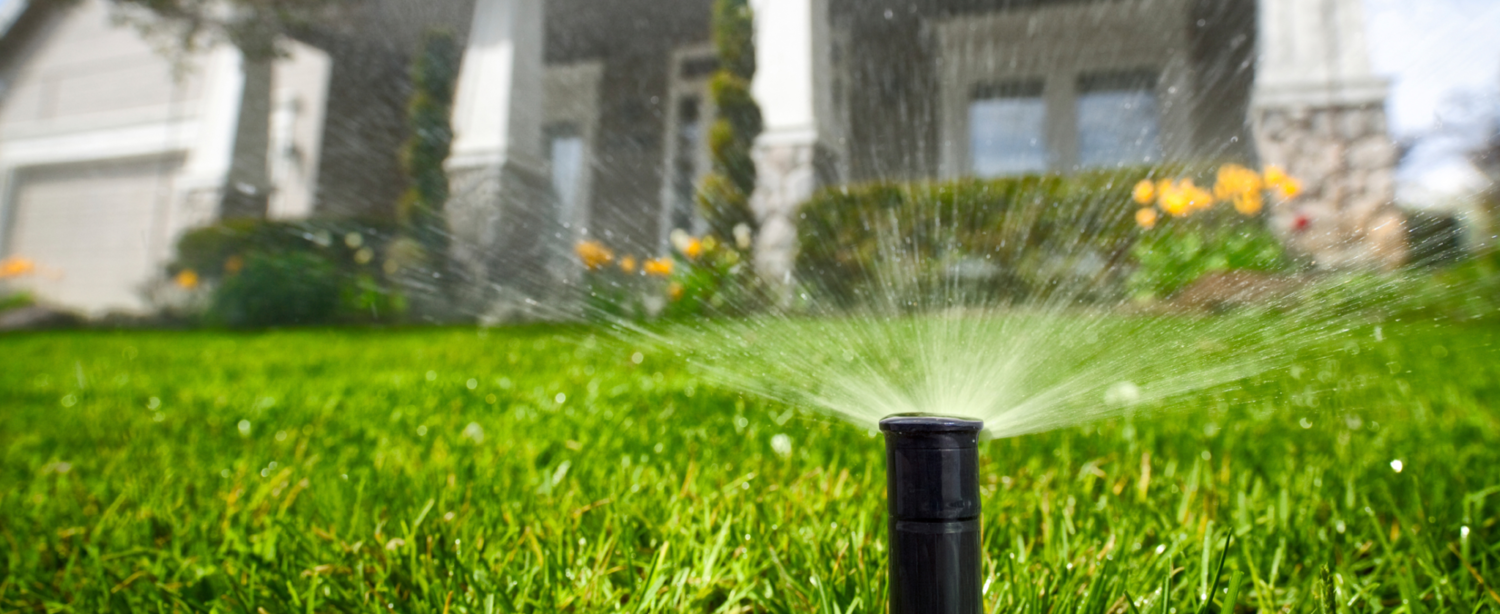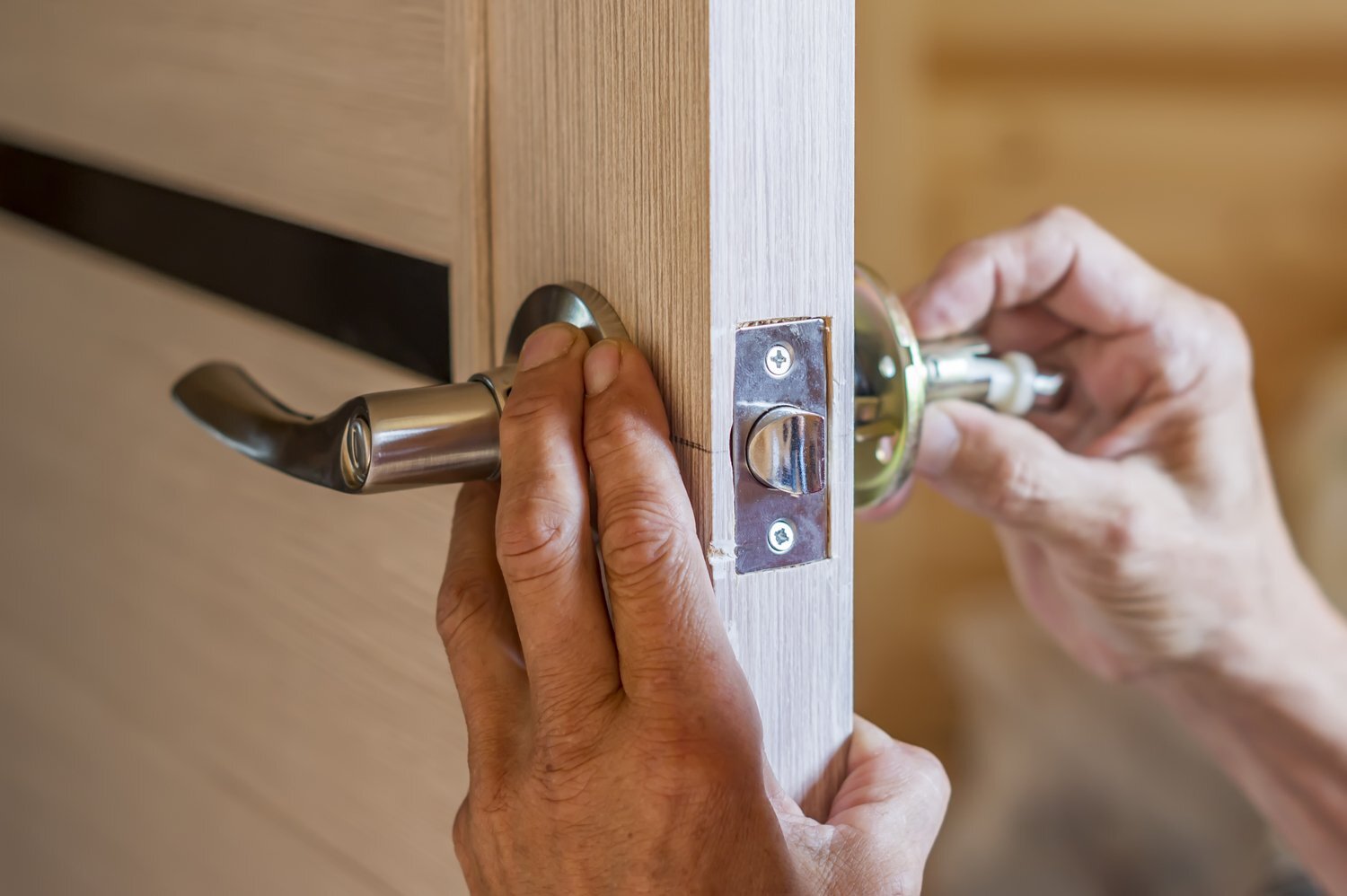New Homeowner Checklist
Buying a new home can be an exciting experience as it marks a new chapter in your life. However, it can often be stressful as tasks and projects build up. Keeping up with your day-to-day activities can be challenging, and sometimes, people neglect proper inspections of their new home.
Properly inspecting your new home is crucial in creating a safe and comfortable environment for your family. So, how do you know what to check?
Here is a checklist of homeowner tips to help guide you through this often-stressful time and help you create a safe environment in your new home.
Before Sealing the Deal
Check the HVAC System
If you are unfamiliar with these systems, hire a technician to check the HVAC systems to make sure the functionality and efficiency of the systems are intact, and determine if they need any tune-ups. It also would be helpful to get an estimate of the age of your furnace and air conditioner to determine if it is near the end of its lifespan and budget for any future breakdowns.
Additional tips:
Check both heat and air conditioning systems to ensure they function properly
Understand the type of filter you need to use
Learn the shut-off locations for gas and water (in the case of an emergency leak, you should familiarize yourself with the locations of your shut-off valves, so you can quickly respond to an emergency)
Learn where your circuit breaker is for maintenance and repairs.
Test Your Thermostat
It is essential that your thermostat is working properly, so you can adjust the temperature of your home and live comfortably.
Request a Thorough Clean if Buying Resale
Make sure your new home is thoroughly cleaned before you move in. It will catch any problems that initially went unnoticed. Make sure the vents in all rooms are clear of dust and move any obstructions.
Inspect and Test for Asbestos
Asbestos testing is critical for your family’s health. Asbestos was used in insulation before the 1970’s (before they knew it was harmful to humans). Asbestos dust can be inhaled and accumulates in the lungs over time, which could cause serious health problems, and possibly cancer. It is better to be safe than sorry and have your new home tested for asbestos.
Check for Mold and Mildew
Inspect your new home for mold and mildew, especially the bathrooms. If the bathroom doesn’t have a window or ventilation fan, that could become a problem in the future.
Inspect Sprinkler System (if appropriate)
Inspect the condition of the sprinkler system to determine if it is working properly. In addition, if you live in colder climates, you need to shut off the sprinkler system to protect it from damage and a hefty repair bill.
Inspect for Bugs and Pests
Check your home for termites, ants, mice, etc. You may be able to use a spray can for smaller bug infestations like ants, but you would want to hire a professional for severe cases like termites. Be sure to seal any holes that mice and other pests could enter through. Therefore, that thorough clean is so beneficial when you first move in, because you are more likely to notice and fix bug and pest problems early on.
Check the Grading of the Yard
To prevent future water damage, check if the grading slopes away from your home. If it does not, you may have to adjust the grading of the yard or install a drainage system to eliminate water damage.
Immediately After
Change Your Locks
For safety purposes, it wouldn’t hurt to change the locks of your new home because who knows what the previous owners did with their old keys. It is a simple project, whether you install the new locks on your own or you hire a locksmith.
Get an Energy Audit
An energy audit assesses your home’s energy consumption and efficiency. This is an easy way to help you adjust or make upgrades to minimize your energy bills in the future.
Test Smoke and Carbon Monoxide Detectors
Make sure your smoke and carbon monoxide detectors are working properly. According to the National Fire Protection Association, 40% of home fire deaths were in homes with no smoke alarms. It is crucial to have working detectors in your home for your family's safety. You should check your detectors once a month and remember to change the batteries yearly!
Inspect Fire Extinguishers
Locate your fire extinguishers in your home and make sure they are working correctly in case of an emergency.
Check Your Garage for Proper Ventilation
It is vital to check the framing of your garage to determine if it is adequately ventilated to reduce the chances of carbon monoxide poisoning.
Make a Homeowner’s Binder
This is an easy way to keep track of all your insurance papers, repair receipts, and any other information about your home. It will be beneficial to have all this information in one place and will help make the process of selling your home later much easier.





